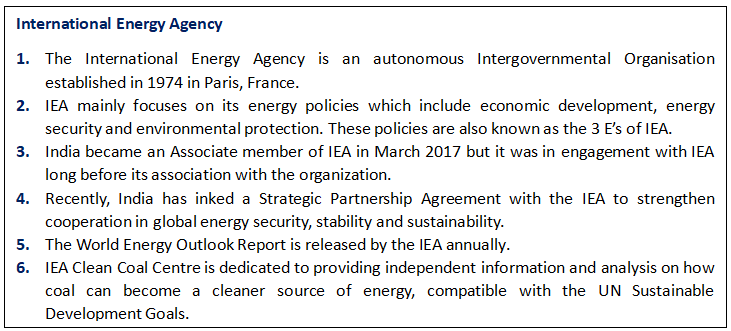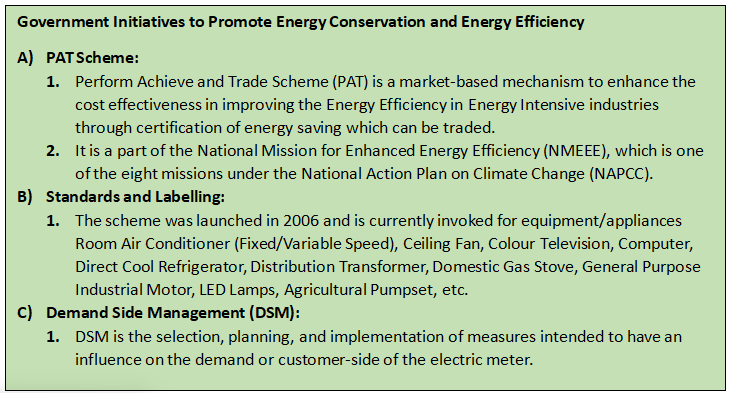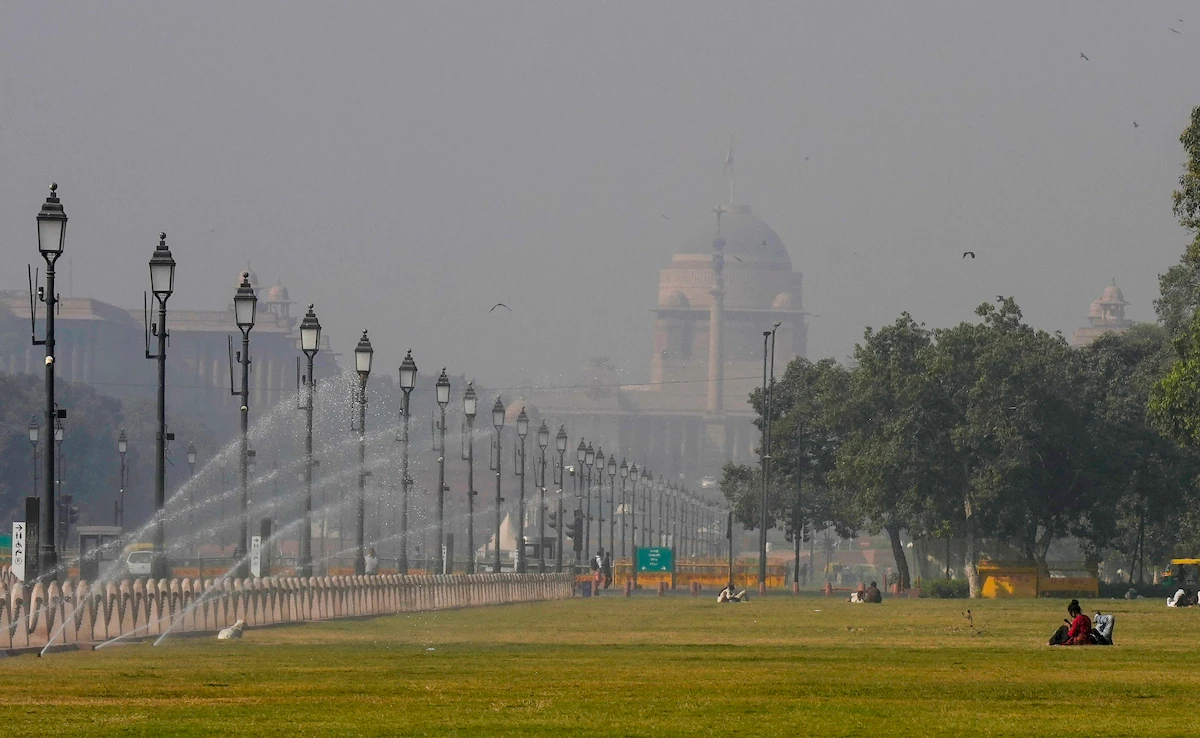- Courses
- GS Full Course 1 Year
- GS Full Course 2 Year
- GS Full Course 3 Year
- GS Full Course Till Selection
- Answer Alpha: Mains 2025 Mentorship
- MEP (Mains Enrichment Programme) Data, Facts
- Essay Target – 150+ Marks
- Online Program
- GS Recorded Course
- Polity
- Geography
- Economy
- Ancient, Medieval and Art & Culture AMAC
- Modern India, Post Independence & World History
- Environment
- Governance
- Science & Technology
- International Relations and Internal Security
- Disaster Management
- Ethics
- Current Affairs
- Indian Society and Social Issue
- NCERT- Science and Technology
- NCERT - Geography
- NCERT - Ancient History
- NCERT- World History
- CSAT
- 5 LAYERED ARJUNA Mentorship
- Public Administration Optional
- ABOUT US
- OUR TOPPERS
- TEST SERIES
- FREE STUDY MATERIAL
- VIDEOS
- CONTACT US
Indias Energy Conservation Building Code, 2017
Indias Energy Conservation Building Code, 2017
11-11-2023

Context
- Recently, the International Energy Agency (IEA), in its World Energy Outlook 2023, report has highlighted that India’s Energy Conservation Building Code (ECBC), 2017 sets it apart from other developing economies.
- The IEA stated that India is unique among developing countries because its rules for energy efficiency in commercial buildings are strong, whereas in many other developing countries, energy efficiency in buildings is not as advanced as India.

India’s Energy Conservation Building Code (ECBC), 2017
-
About:
- ECBC was first released by the Bureau of Energy Efficiency (BEE) of the Ministry of Power in 2007, followed by an update in 2017.
- Currently, 23 states have notified rules to enforce ECBC compliance, while large states like Maharashtra and Gujarat are still in the process of drafting rules.
- ECBC sets minimum energy standards for commercial buildings, with the objective of enabling energy savings of between 25% and 50% in compliant buildings.
- The code is applicable to commercial buildings like hospitals, hotels, schools, shopping complexes, and multiplexes which have a connected load of 100 kW or more, or contract demand of 120 kVA or more.
-
Need for ECBC:
- Implementation of energy efficiency building codes like ECBC is important as buildings in India account for 30% of total electricity consumption, a figure that is expected to touch 50% by 2042.
- Furthermore, BEE notes that 40% of buildings that will exist in the next twenty years are yet to be built, which gives policymakers and builders a unique opportunity to ensure that they are built in a sustainable manner.
-
Evolution from 2007 to 2017:
- The 2017 update of ECBC introduces additional priorities, such as renewable energy integration, ease of compliance, and the inclusion of passive building design strategies.
- It also emphasizes flexibility for designers. This marks a significant change from the 2007 edition and is in line with global trends towards sustainable and energy-efficient practices.
Status of States Stand in ECBC Implementation
- Out of 28 states, only 15, including Uttar Pradesh, Punjab, Karnataka, Andhra Pradesh, Telangana, and Kerala, have adopted the latest 2017 (ECBC) rules.
- However, Gujarat, Maharashtra, Jammu & Kashmir, Ladakh, and Manipur are yet to implement these rules, missing out on potential energy savings.
- The National Research Development Corporation estimates that Gujarat alone could save 83 terawatt-hours of energy by 2030 with effective ECBC compliance.
- The State Energy Efficiency Index (SEEI) of 2022 ranked Karnataka as the top state for energy efficiency in buildings, followed by Telangana, Haryana, Andhra Pradesh, and Punjab.
- On the flip side, Bihar scored the lowest, and along with Odisha, West Bengal, Tamil Nadu, and Jharkhand, ranked as the five worst states for energy efficiency in buildings.

Way Forward
- The IEA recognises India is among the few developing countries that have building codes for commercial and residential buildings, and the uniform enforcement of it can lead to significant energy savings in the sector.
- India also passed the Energy Conservation (Amendment) Act in 2022, which further expands the scope of building codes in the country.
- The Energy Conservation (Amendment) Act, 2022 provides for converting the ECBC into an energy conservation and sustainability building code by including measures related to embedded carbon, net zero emissions, material and resource efficiency, clean energy deployment and circularity.



